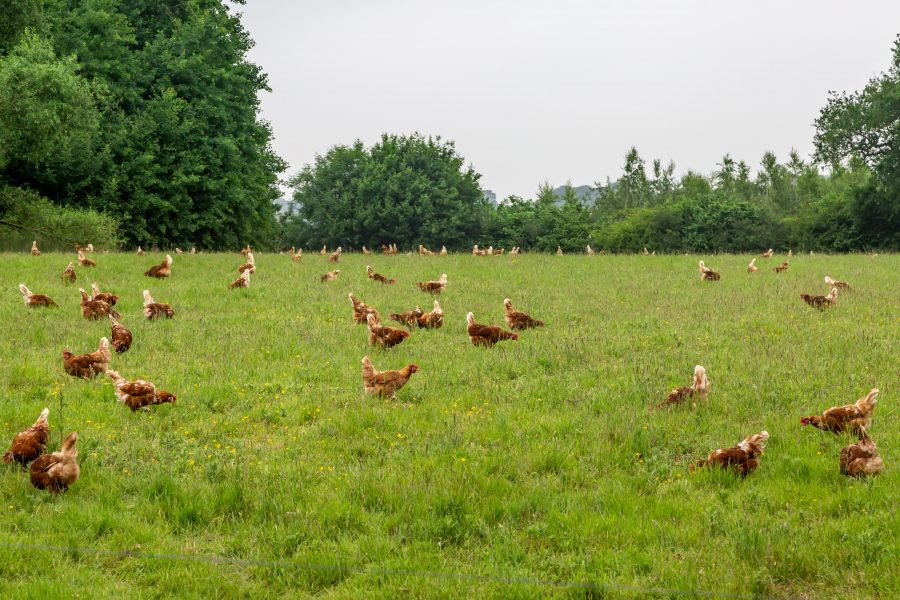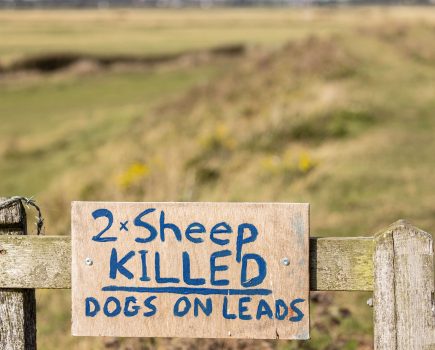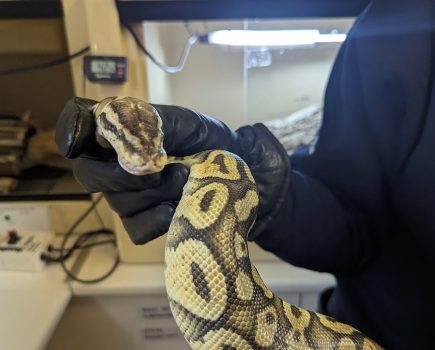Mandatory housing measures for poultry and captive birds, which were introduced across various counties to prevent the spread of bird flu, will be lifted from Thursday 15 May, the Chief Veterinary Officer has confirmed.
The latest risk assessment supported by the best scientific evidence shows that the risk of avian influenza levels in wild birds and poultry has reduced. This means poultry and other captive birds will no longer need to be housed and can now be kept outside.
The lifting of housing measures applies to all areas unless keepers are in a Protection Zone or Captive Bird Monitoring (Controlled) Zone – these are areas where there has been a recent outbreak.
Scrupulous biosecurity is the best deterrent to stopping the spread of avian influenza. Birdkeepers are legally required to adhere to the highest biosecurity standards with an Avian Influenza Prevention Zone (AIPZ) mandating strict biosecurity remaining in place in England, Scotland and Wales. This includes measures such as disinfecting footwear, clothing and vehicles and equipment before and after entering premises.
Bird gatherings, such as fairs and markets, remain banned.
UK Chief Veterinary Officer, Dr Christine Middlemiss, said: “Following a sustained period of reduced risk from avian influenza, we are now able to lift the mandatory housing measures in effect in various counties, which is testament to the hard work and vigilance of bird keepers across the country who have all played their part in managing the spread of this disease.
“While the lifting of mandatory housing measures will be welcomed by bird keepers, it is imperative that keepers continue to practice stringent biosecurity and that any suspicions of disease are reported to the Animal and Plant Health agency immediately.”
Those who intend to allow their birds outside are advised to use the upcoming days to prepare their outside areas for the safe release of their birds, as ranges and outdoor areas may still be contaminated with avian influenzas virus. This will include cleansing and disinfection of hard surfaces, fencing off ponds or standing water and reintroduction of wild bird deterrents.
As birds have been housed for several months, it may be necessary for birds to be acclimatised and gradually released over a period of days to minimise welfare issues.
Keepers are encouraged to take action to prevent bird flu and stop it spreading. Be vigilant for signs of disease and report it to keep your birds safe.
Check if you’re in a bird flu disease zone on the map and check details of the restrictions and gov.uk/birdflu for further advice and information.
You must register within one month of keeping poultry or other captive birds at any premises in England or Wales, further information is available.








